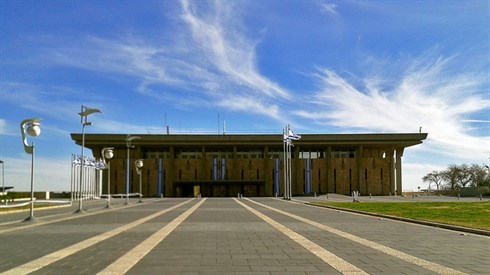866
Question
Hello, I recently came across a Christian idea saying that “original sin” is part of Judaism as well because of Psalms 51:5. I find the idea repulsive, but it’s hard to argue with. Is this really part of our religion? And that whole chapter is difficult. How does David say he sinned only against God? And that God can cleanse him and then he will be pure and teach sinners God's way? What is he talking about? What about Bein Adam Lchaveiro?
Answer
You are correct that the Christian concept of an “original sin” is way off. God is perfect, and He created man in His image, that we can and are meant to act Godly ("imitateo dei"), and even when we sin, we can return and erase it. What King David asks God in the previous verse there is to cleanse him from his sin with Batsheva, because he so regrets it, he never forgets it, it’s always on his mind. Just as in many of our prayers on Yom Kippur, we ask God to please forgive us, as we sincerely regret what we did wrong, and accept upon ourselves not to repeat the wrongdoing. This doesn’t at all contradict the fact that God will only cleanse us regarding wrongdoings to man, if we also (!) ask the person we hurt, to forgive us. What David means(“l’cha livadcha”) in verse 6, is that “I have transgressed against the One and Only…”. An almost identical but clearer phrase in a similar context is found in Tfilat Menashe King of Yehuda (in the apocrapha) “Please God, forgive the sin of Your servant… for You alone (“l’cha livadcha”) have the Greatness…”. In verse 7, King David in his “poetic license” is exaggerating saying poetically, I have so many sins, I’ve been sinning since my birth, even since my conception! (Meiri)

Do non-Jews or non-Noahides go to heaven?
Rabbi Ari Shvat | Cheshvan 7, 5779

Omer Days I can shave/cut hair
Rabbi David Sperling | Iyyar 2, 5774

Tachnun on 5 Iyar
Various Rabbis | Iyyar 8, 5775

’Bein Ha’arbayim’
Rabbi Chaim Tabasky | 12 Av 5764

Gentile inferiority due to genetics.
Rabbi Yoel Lieberman | Adar 6, 5785

coffee creamer
Rabbi Ari Shvat | Adar 25, 5785

Havara- Sefaradic or Ashkenazic Pronunciation
Rabbi Ari Shvat | Nisan 17, 5785




